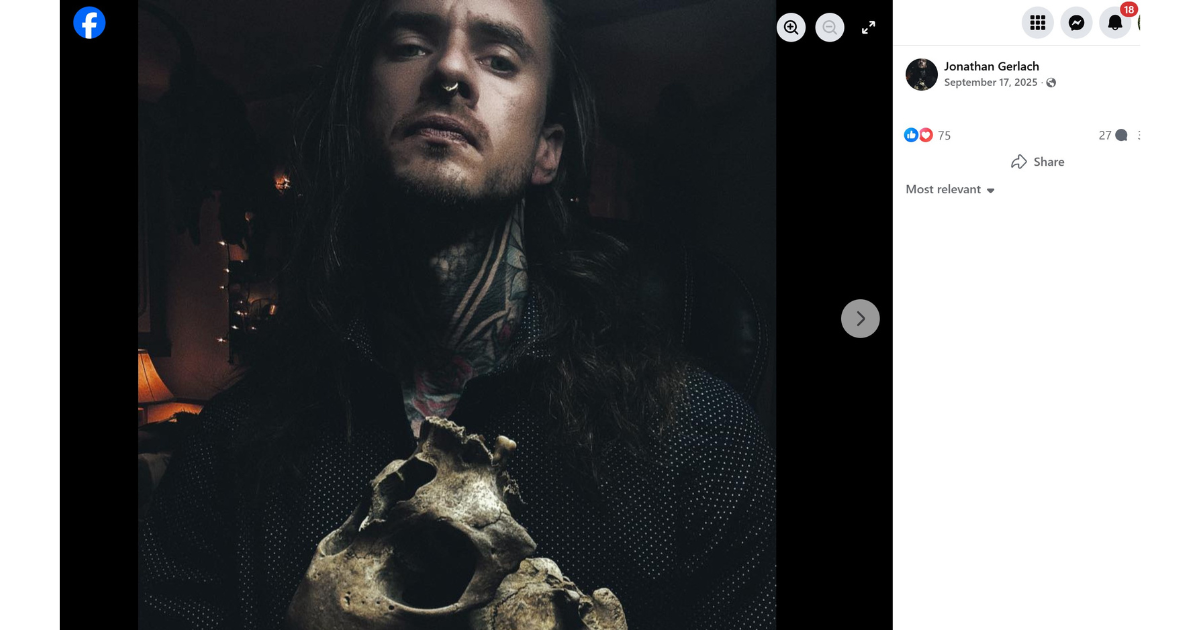Guest Post – Boomers Causing Funeral Industry to Reinvent Itself
 After delivering a marketing seminar last week to a group of funeral directors, the owner of one funeral home approached me to set me straight: “You wouldn’t know it today,” he said, “but this business used to print money. Now it’s cracking apart.” Yes, the funeral sector has been rocked by consumers’ growing preference for cremation, leaving it to reduce its dependence on high-margin caskets, and reposition its other services. Now, they must convince bereaved families the best way to honour their loved ones is through a professionally managed funeral.
After delivering a marketing seminar last week to a group of funeral directors, the owner of one funeral home approached me to set me straight: “You wouldn’t know it today,” he said, “but this business used to print money. Now it’s cracking apart.” Yes, the funeral sector has been rocked by consumers’ growing preference for cremation, leaving it to reduce its dependence on high-margin caskets, and reposition its other services. Now, they must convince bereaved families the best way to honour their loved ones is through a professionally managed funeral.
Of course, it isn’t the only industry reinventing itself. Soft drink and snack companies are buying up healthy-food producers, and energy companies are turning green. The auto sector is coming to grips with reduced demand, and retailers, media and financial services are all seeking new roles in markets upended by the Internet.
Compared to some industries, funeral homes face a positive outlook. While more people are eschewing formal funeral rituals in favour of alternative “celebrations of life,” the sector is finally about to reap the benefits of ageing Boomers, who have always spent top dollar on themselves (especially when it lets them proclaim their individuality). I predict they’ll happily shell out for glossy send-offs that celebrate their lives in style, for the next 30 years.
Funeral directors worry Boomers will shun funeral homes for the homes, restaurants or clubs where they spent their lives. (One funeral director recently complained the event planner hired to help arrange a funeral made more money than his funeral home did!) But this, I insist, is part of the reinvention of the sector.
Funeral homes must pursuade clients and prospects that funerals are important events, an integral part of the grieving and moving-on process. And they have to make the case that such complex undertakings, fraught with family drama, are best managed by experienced, caring funeral directors. Anyone can book a hall. But directors can help a family fill out the paperwork, manage visitations with dignity, provide grief counselling or hire a bagpiper or manage a butterfly release on three days’ notice.
Today, sales people in all industries are trying to position themselves as trusted advisors. Insurance agents, financial planners and sellers of computer systems all want to be known for their ability to provide valuable counsel. But funeral professionals are already recognized experts. They provide a clear mind and strong shoulder for mourning families. And this is their moment to step up.
Funeral homes, like many other old-line businesses, need to prove they’re willing to change. Many are already evolving. I met funeral directors who bedeck their halls with golf equipment or fishing rods to reflect the interests of the dearly departed, while others hired Elvis impersonators and installed state-of -the-art sound systems. Some even obtained liquor licences so they can serve wine at post-funeral receptions.
Trouble is, many don’t look changed. Their hushed, velvety rooms haven’t changed since the 1940s and personnel still practice the funeral director’s pose (hands clasped, lowered head) — caught between the formality of the Second World War survivors and the free spirits of the Me Generation. Funeral homes have to learn to market their new sensibilities, or Boomer families won’t even consider buying from them.
And funeral homes will need to address these challenges in the same way as every other business today: Identify your target market, then ask how you can become the preferred supplier in that market.
Next, make a plan for owning that sector. That means acquiring the expertise to serve the target market, and developing performance standards for all staff. (How quickly will the phone be answered? What questions should you ask, in what order, to ensure you understand the needs of each bereaved family? And how will satisfaction be measured?)
Once a plan is in place, establish your brand by creating a mission statement outlining exactly what you do for your clients — and what you do better than anyone else.
Finally, develop a marketing plan for communicating your shiny new message to your chosen market. You might buy radio or newspaper ads, or write columns about the changing funeral sector for local papers looking for free content.
You can also market through partnerships (consider co-op marketing with local service clubs, event planners and florists, or open up meeting rooms for use by local charities), or by asking satisfied clients for referrals. And social media– e-newsletters, blogs and Twitter — can get a message out to potential prospects eager to know what you stand for.
Business is changing. But one thing that won’t change is the need to understand your market, and continually evolve to meet its changing needs. Till death do you part.
– Rick Spence is a writer, consultant and speaker specializing in entrepreneurship. His column appears Mondays in the Financial Post. He can be reached at rick@rickspence.ca
Article Originally Published on Canada.ca
Photograph by: Peter J. Thompson/National Post, National Post
Photo Caption: A caskett at R.S. Kane Funeral Home in Toronto



